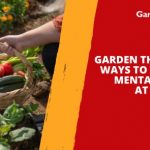Jump to:
Nature itself has a huge positive impact on health and wellness. Many have ventured out to take those advantages – the impulse to do daily gardening is a prime example.
Cultivating greens in greenhouses is so much more than growing and tending plants. For one, it may do great wonders for your physical health and mental wellbeing. It also offers opportunities for social interaction, in the case of community gardens.
Let’s dig in and unearth some of the fantastic health benefits of gardening!
Gardening’s Connection to Nature and Environmental Awareness
Gardening fosters a strong connection to the natural world. As you spend time nurturing plants and observing their growth, you become more attuned to:
- seasonal changes
- weather patterns
- the intricate interactions within ecosystems
This awareness often leads to a greater appreciation for the environment. Moreover, a desire to adopt more sustainable practices.
Cognitive Enhancements Through Gardening
Engaging in gardening has been shown to have positive effects on cognitive function. The process of planning, problem-solving, and executing tasks can stimulate mental alertness.
Gardening requires attention to detail. Also, memory recall for plant care routines and adapting to changing conditions. All of which contribute to sharpening cognitive skills.
Encouraging Creativity in Design
Gardening is not just about planting and maintaining. It’s also an opportunity to express creativity through design. Planning the layout and choosing colour schemes, for one. Moreover, combining various plant shapes and sizes can result in stunning compositions. This creative outlet can bring a sense of accomplishment and personal satisfaction. What a way to make the most of your polycarbonate greenhouse!Other Benefits of Gardens
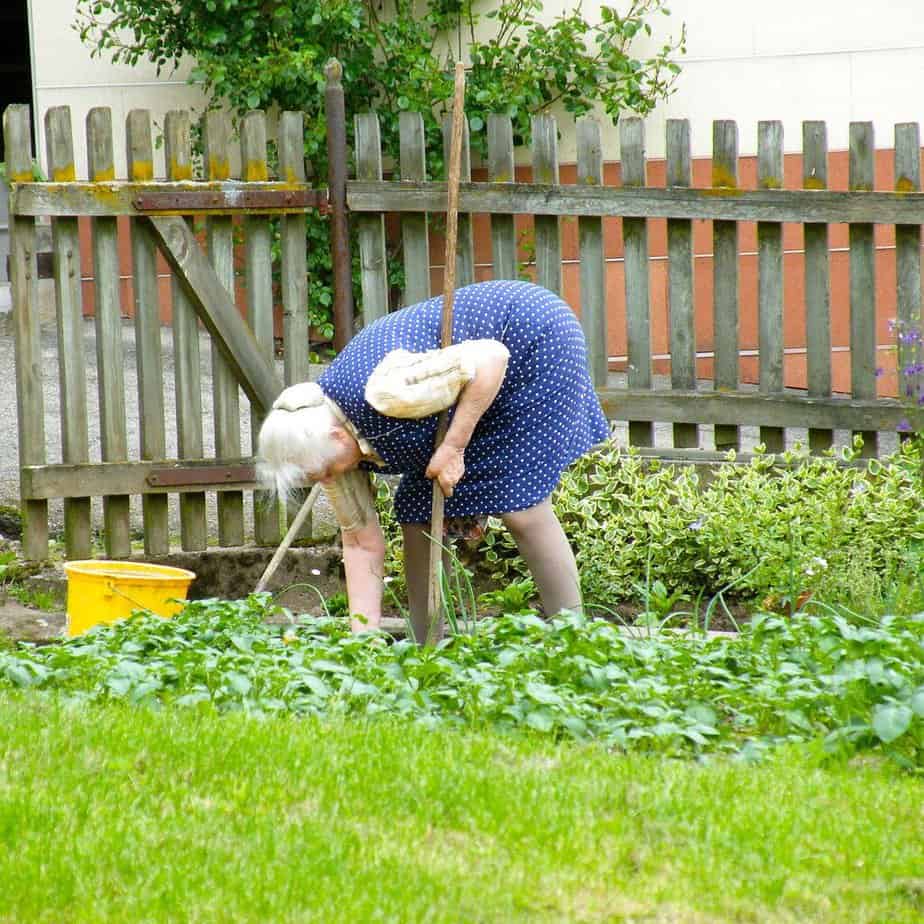
The human relationship between gardening remains to play a role in people’s lives over the years. But as lockdowns due to the COVID-19 outbreak went into effect in 2020, ‘working in the dirt’ has boomed more than ever.
Lush plants, posy flowers, and fresh vegetables are budding in many gardens worldwide. Country by country finds themselves being pulled toward the earth as a coping mechanism. With every dirt and sweat comes a sense of tranquillity, and this exhibits some sort of an effect on many.
A study backed that up, showing how the rewards of gardens can cultivate human health. You yourself can experience all these amazing wellbeing benefits in your daily life. Digging and planting, for one, can help with physical health – and they’re just a few of the many ways.
You may be surprised at how this outdoor practice can change you and then inspire others in times to come. Below are the benefits of gardening for you, your family and the community.
Reduced risk of stroke and heart disease
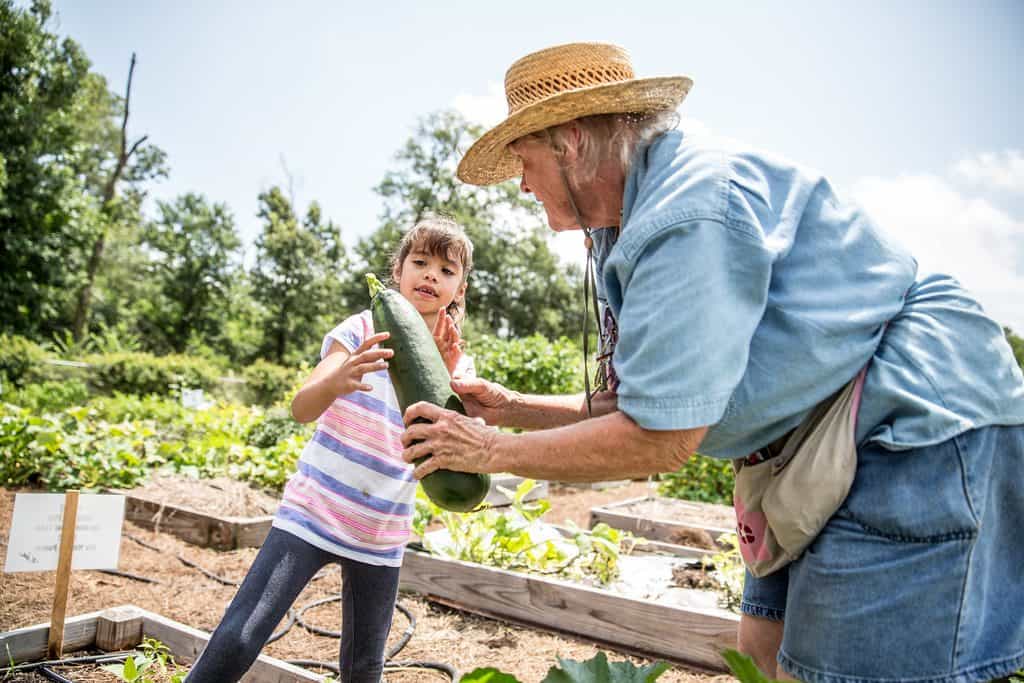
Not only is gardening an excellent hobby, but it’s also a great form of exercise. According to a Swedish study – as per Be Independent HomeCare, it can, in fact, cut the risk of stroke. This finding is particularly important for elderly people in the 60+ age group.
The physical activities involved can help boost the metabolic rate. Manual labour, such as digging, planting and weeding, also strengthens your heart. And these cardiovascular benefits also stretch to all ages, meaning kids can gain from it as well.
Burns calories
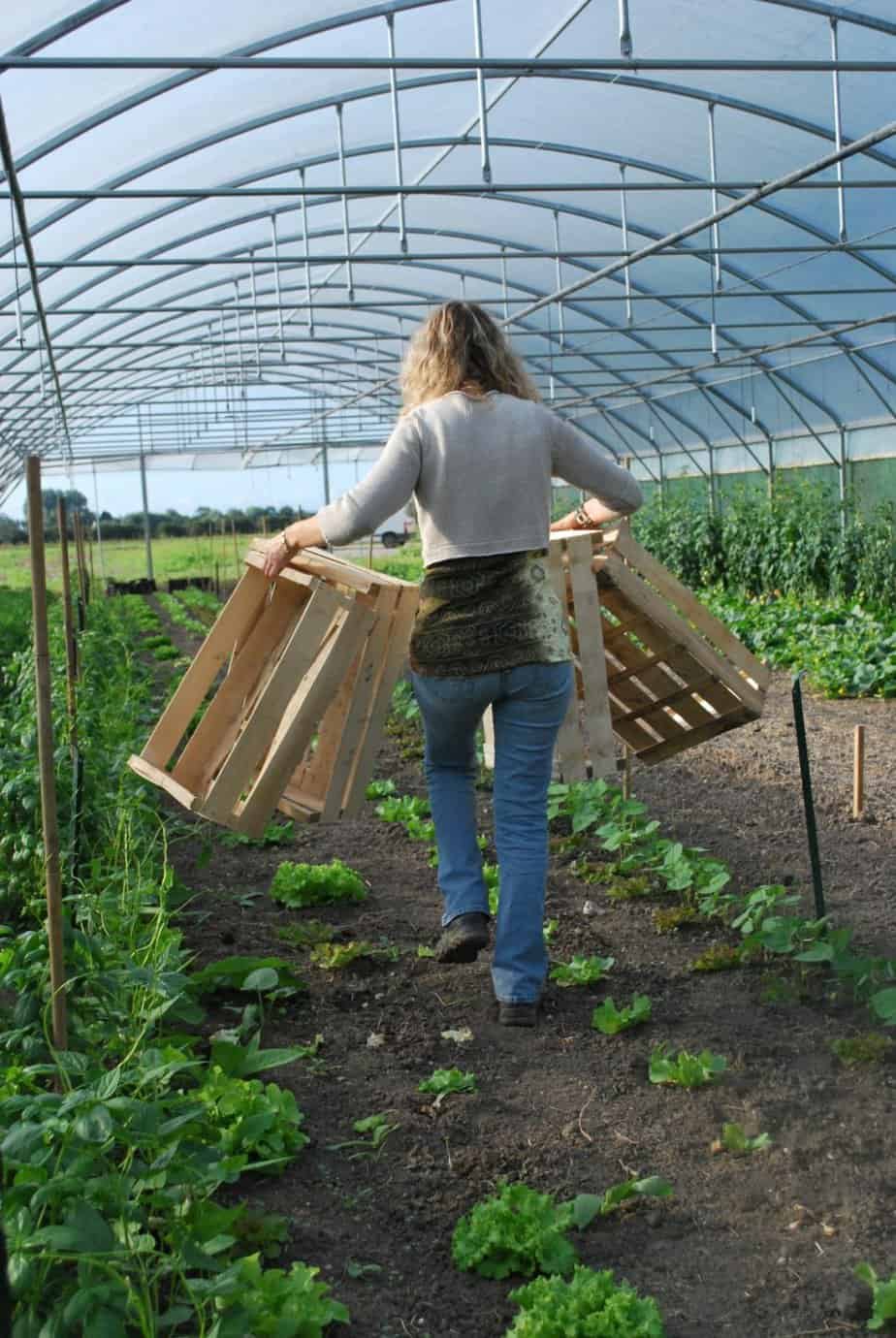
Depending on what you do and for how long, gardening can be a hard workout. A simple one hour could help you burn up to 330 calories. Extending it from three to four hours, you could burn as many calories as you would from an hour in the gym!
Raking leaves, lawn mowing or trimming hedges are great low-intensity workout alternatives. For starters, 30-45 minutes of daily gardening three to five times a week is ideal. So, what are you waiting for? Get those garden tools from your wooden shed!
Stress relief

People are busy, and there’s so much stress with electronic media. They, including you, need respite, and nature can provide you with that.
Gardening helps release serotonin levels – the happy hormones that promote positive feelings. Being outside in direct contact with the sun also does wonders for your mood and, thus, is a stress reliever.
The sense of accomplishment is also an immense reward and tangibly satisfying. For instance, cultivating a pizza garden and watching all your crops grow and ripe over time.
Improved immune system
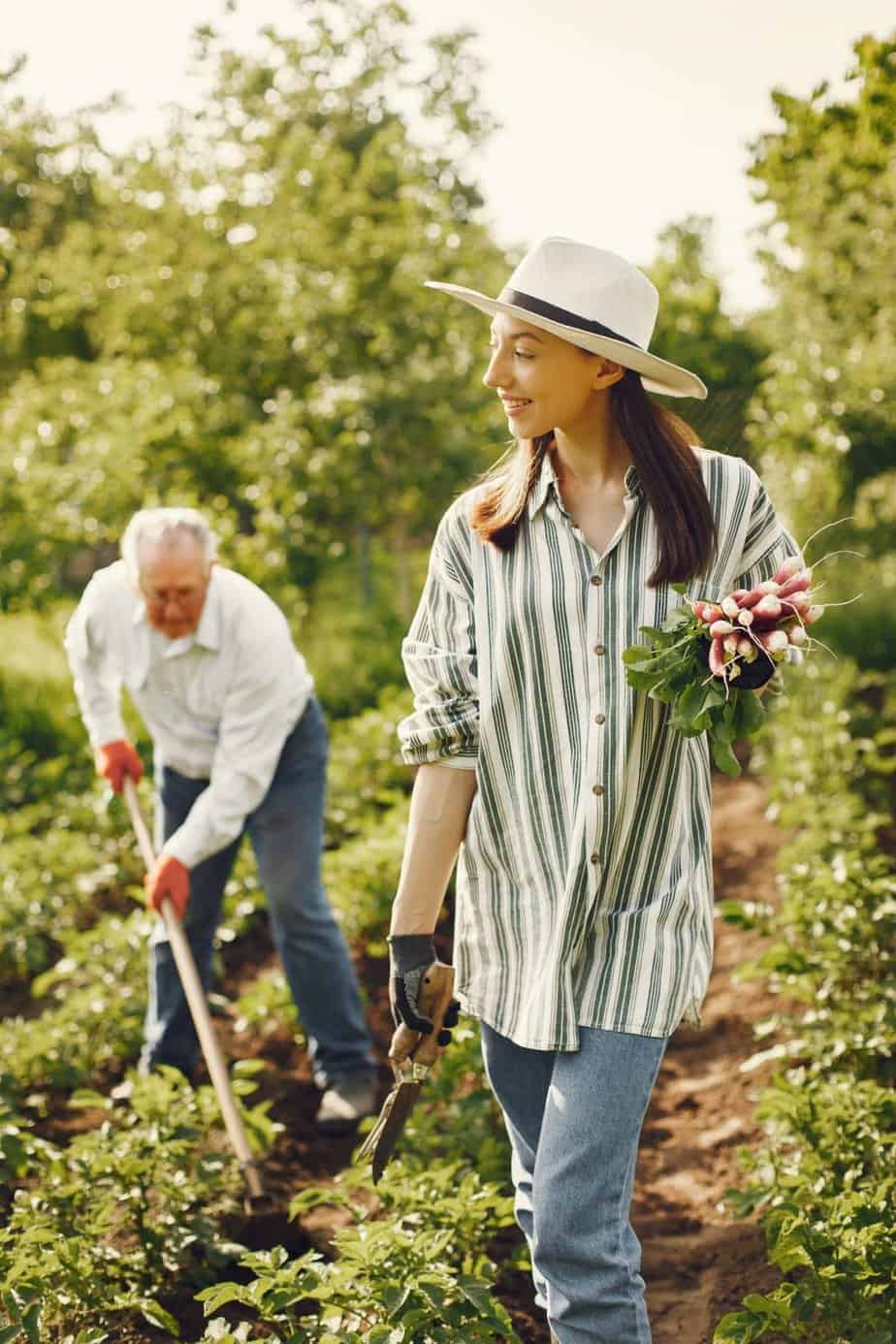
A little sunshine in the garden goes a very long way in your body. As you work your way outdoors, you can photosynthesise and increase your Vitamin D levels. This enables your body to absorb calcium levels, which in turn, keeps your bones strong. At the same time, it boosts your immune system.
You can benefit immensely from this as long as you’re properly protected from UV rays. Sunscreen, sunglasses and a brimmed gardening hat are musts.
Lowers blood pressure

The effects of gardening on both body and mind are tremendous. It combines physical exercise with social interaction and exposure to the outside world.
Besides increasing vitamin D levels, sunlight decreases blood pressure and increases blood flow. This is extremely beneficial to your cardiovascular system. But hold onto your sunscreen.
The produced fruit and vegetables can also have a positive impact on the diet. The potassium and minerals they contain are great sources for lowering blood pressure. Vegetable consumption of at least one cup of leafy greens per day will do.
Experts recommend at least 30 minutes of moderate physical activity levels for prevention. Raking leaves for 30-45 minutes a day is a great example of how to hit that ideal amount.
Altered state of consciousness
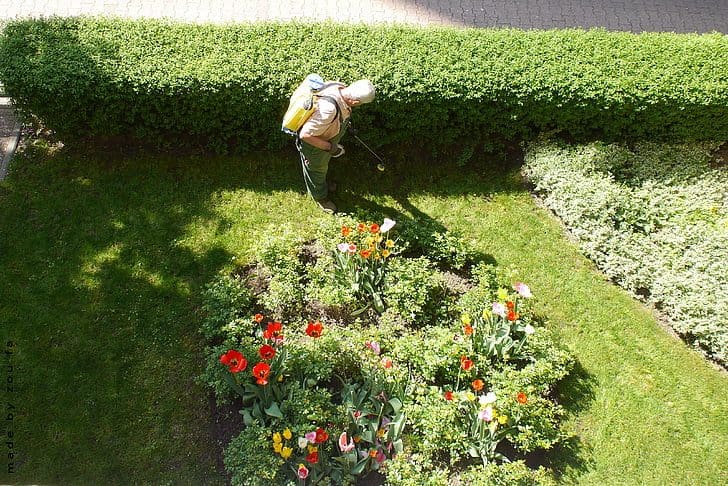
Gardening can help you enter the ‘zone’ or be in an altered state of consciousness. It’s where you can enter a magical and spiritual place and experience the best of who you are.
If you’re lost in the sense of time, do some pruning, for instance, and see how much time it’ll take you to finish the task. Chances are you may achieve much more than you originally intended. This is where the flow state occurs. When the job you’re doing provides a certain level of challenge, and you have the skills needed to match it.
As you take the dare, you’ll find yourself absorbed and engaged in the garden and lose self-awareness. At other times, you may feel very present. Either way, you can have a taste of the positive benefits that come from being in these altered states.
Eat healthier
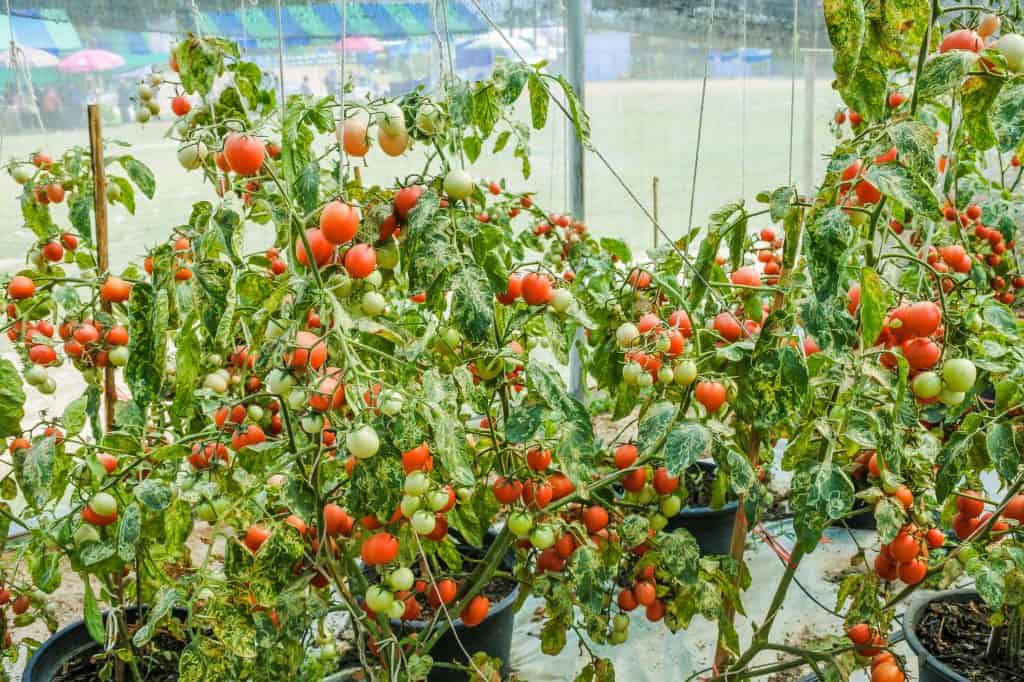
(Image Credit: Public Domain Pictures)
Growing your own vegetable garden can lead you to a mindful and healthy eating lifestyle. Aside from the little workout you’ll get from tending the plot, your supply of fresh, healthy produce also promotes a better diet.
Eating at least 2 cups of veggies and 1 ½ cups of fruits per day is ideal for getting necessary nutrients. Apples, tomatoes, and carrots in your or the community garden can help you reach your daily five a day.
To see your patch bloom with hearty greens will also motivate you to pursue healthier lifestyle eating habits! Once you do so, you’re laying the foundation for better health in the future.
Free anger therapy
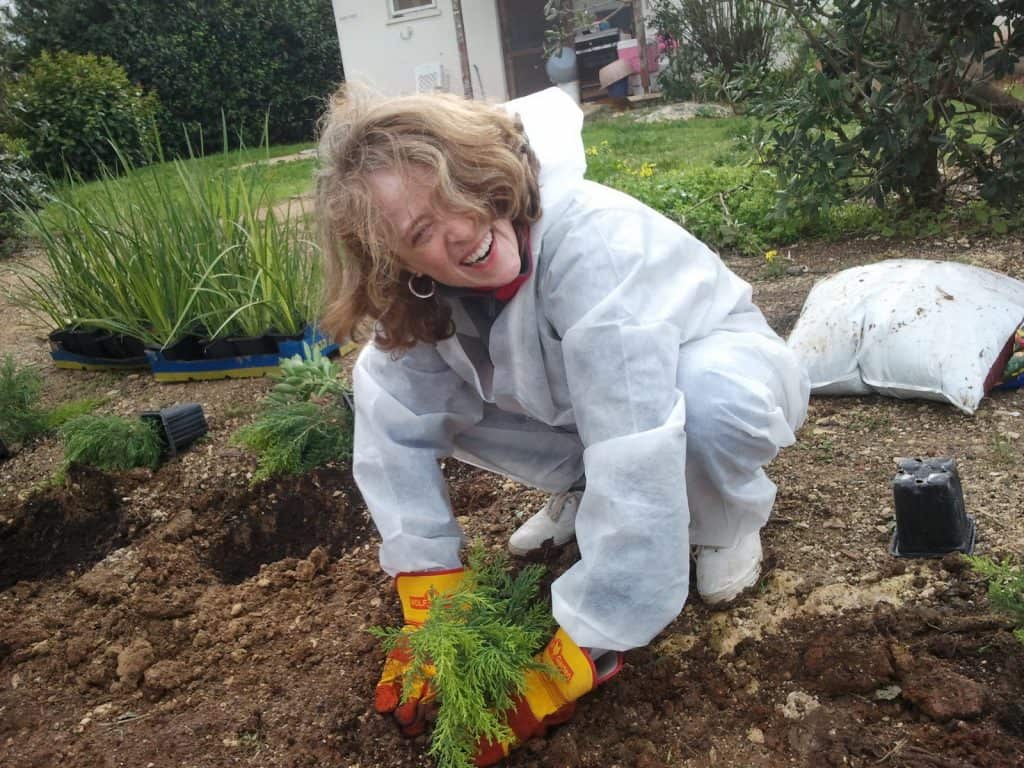
(Image Credit: Wikimedia Commons)
If you’ve experienced a bad day, release your negative feelings in the garden. Pick up a shovel and do some heavy digging, or get rid of the pesky weeds. They may soon take over the green space, which can add up to your stress!
But by doing so, you’re actually doing yourself a favour. Focusing your attention on a certain task and detail can reduce gloomy thoughts. Eventually, it can make you feel better in the moment, as well.
All for the senses

Time outdoors, fresh air, and sunlight keep one’s senses aroused. Fortunately, gardens offer visual appeal, and they’re great for enhancing the sensory system.
But a sensory garden, in particular, can provide more, stimulating all the five senses. All the smells, colours and textures of plants around you can make the most of your body’s abilities. This can also be valuable for children who are learning about the different senses they have.
Overall, it can improve health, mood and cognition, and physical fitness – ideal for people of all ages.
Top tip: Stimulate interactive sensory equipment for kids to enjoy. This could also be implemented into a garden playhouse.
Provides a source of community
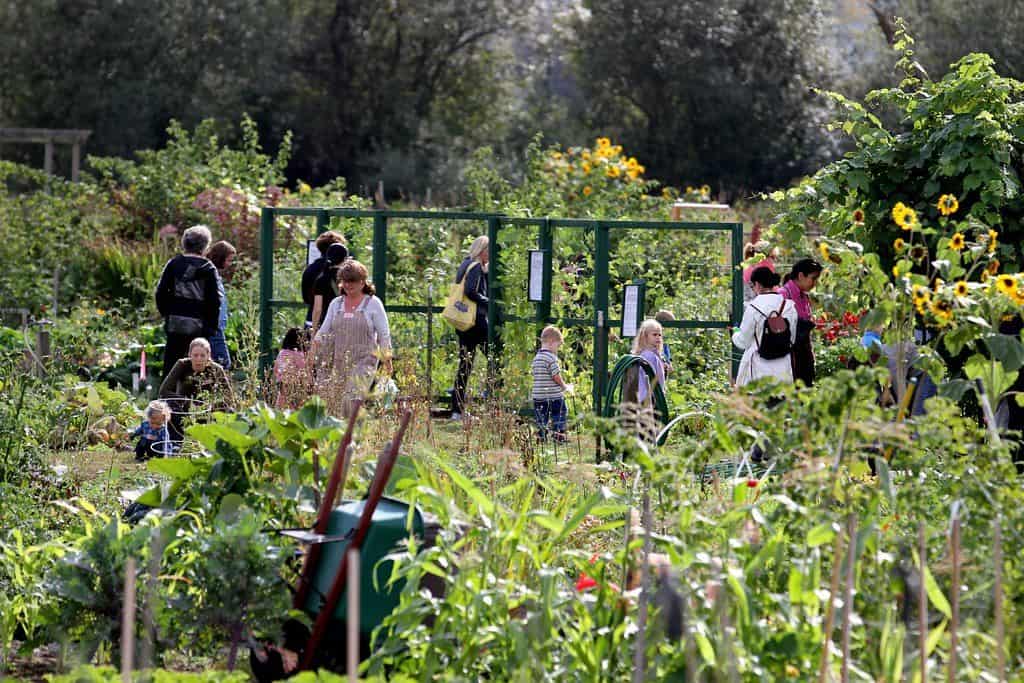
People who take part in community gardening have improved mental health and well-being. Most importantly, they’ve established a good relationship within the community.
Many friendships can be formed, and more opportunities are opened for recreation. Participating is also a great starting point for novices to learn from the experts. It’s a place where everyone can grow, share, eat, and celebrate one’s food culture too.
Enhanced respiratory health
Gardening is excellent for your respiratory health due to the 1.) combination of fresh outdoor air and 2.) physical activity involved. Spending time tending to plants and flowers exposes you to clean, oxygen-rich air. This can help improve lung capacity and overall respiratory function.
The act of gardening often includes tasks like digging, weeding, and planting. Such chores require deep breathing and physical effort. In return, they can help clear airways, making it easier to breathe.
By enhancing your respiratory health through gardening, you can experience:
- fewer breathing problems
- increased stamina
- heightened sense of vitality
This benefit is particularly significant for individuals with respiratory conditions. Generally, it applies to everyone seeking a healthier, more robust respiratory system.
Increased vitamin D production
Gardening offers a natural way to increase your vitamin D body production. This is a crucial nutrient that has a profound impact on health and well-being.
Sunlight is a primary source of this vitamin. Spending time outdoors while gardening exposes your skin to this essential element. Vitamin D is vital for the absorption of calcium, promoting strong bones and teeth. It also plays a role in immune system regulation, reducing the risk of various diseases. Moreover, it has been linked to improved mood and a reduced risk of depression.
Thus, engaging in gardening not only enhances your physical health. It also contributes to your emotional and mental well-being. By facilitating vitamin D production, gardening can help maintain strong bones. Moreover, it supports a resilient immune system and boost overall vitality and happiness.
Educational opportunity
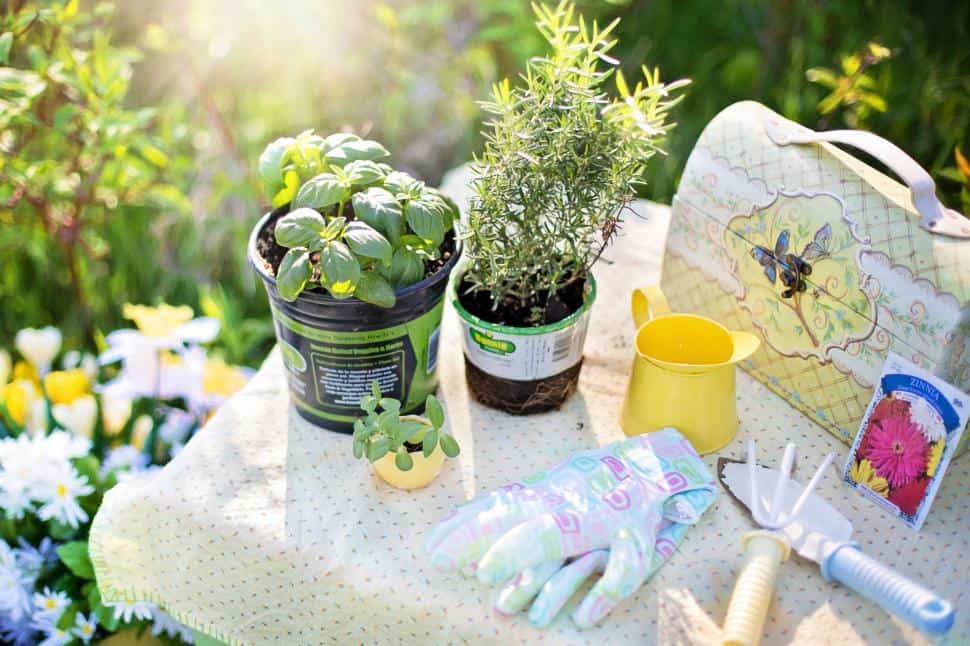
(Image Credit: Freestock Range)
Gardening presents a unique opportunity for learning and growth. This makes it a valuable endeavour for individuals of all ages.
Engaging in gardening offers hands-on lessons in the following:
- plant biology
- ecosystem dynamics
- environmental responsibility
This educational aspect of gardening fosters a deeper understanding of the natural world. Furthermore, it encourages a sense of stewardship for the environment. It provides a connection to the food we consume and teaches us about sustainability.
Gardening supports a sense of purpose and empowerment. It encourages curiosity, problem-solving, and a connection to the world around us. Ultimately, it promotes a holistic view of health while contributing to overall well-being.
Environmentally friendly
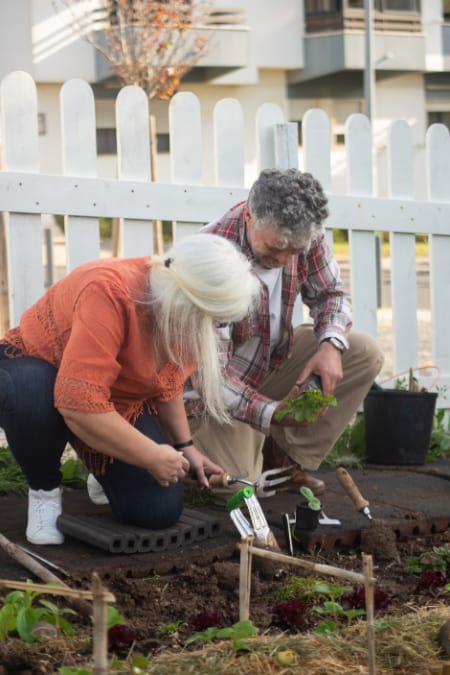
The act of gardening, like plant tending, can be an environmentally friendly activity. It promotes eco-conscious practices when you’re growing your own produce, for one. Or creating a habitat for beneficial insects and wildlife. What’s more, it helps protect the environment by minimising the need for chemical pesticides and fertilisers.
Gardening also reduces the carbon footprint associated with transporting food from farm to table. This promotes local, sustainable food production. Not only do these eco-friendly practices benefit the planet, but also your health.
Improved mental health
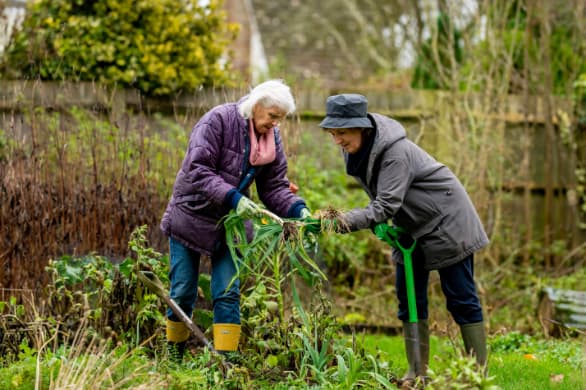
Nurturing plants, watching them grow, and witnessing the fruits of your labour. All these can be profoundly satisfying and emotionally uplifting. The repetitive, rhythmic tasks in gardening offer a meditative quality. This can help reduce symptoms of anxiety and depression.
Gardening also provides a respite from the pressures of daily life. It allows you to be present in the moment. Additionally, it cultivates a sense of accomplishment, which boosts self-esteem and confidence.
The interaction with nature in a garden can promote a positive emotional state. By enhancing mental health, gardening contributes to overall well-being. It provides a therapeutic outlet for stress and anxiety and promotes happiness!
Gardening as an Effective Form of Exercise
Gardening is an exceptional form of exercise suitable for individuals of all ages due to its:
- accessibility
- versatility
- numerous physical benefits
It offers a full-body workout involving various muscle groups and promotes cardiovascular health. For instance, digging, weeding, planting, or harvesting. These activities require physical effort, promoting strength, flexibility, and balance. The repetitive nature of gardening tasks provides low-impact exercise. This makes it suitable for seniors and those with mobility limitations.
Gardening also encourages functional movement, enhancing dexterity and hand-eye coordination. Moreover, it fosters a sense of accomplishment and connection to the outdoors. The beauty of gardening lies in its adaptability. It allows people of all ages to reap the physical and mental rewards while enjoying the therapeutic benefits of nature.
Round-up
All it takes is rolling up your sleeves and getting a little dirt under your nails. In turn, you’ll reap the benefits from gardening in the long run. The more you dig, plant and weed, the better your physical activity levels will be.
The nutritious and fresh harvests for your dinner table and blooming flowers are a bonus. And these food resources become more fruitful when shared with your neighbours!
No longer does gardening need to be seen as a chore but rather as an investment in your quality of life. Invest in a garden greenhouse now to kick off your growing journey! Paired it with one or two of the cheap gardening tools for added convenience. Did we mention this folding garden kneeler with tool set? Oh, you’re going to love it!
Moving on: How to Start a Garden Greenhouse
Shop The Storer ShedFAQs
How long should I spend gardening?
For optimal benefits, aim for at least 30 minutes to an hour of gardening per session. Adjust based on your energy levels and the tasks at hand.
What are the best gardening activities for physical health?
Digging, planting, weeding, and watering involve a good mix of movements. And these engage muscles and improve flexibility, which is perfect for physical health.
Should I still garden in the winter?
Yes, winter gardening can be rewarding. Focus on tasks like pruning, planning for spring, and tending to cold-tolerant plants. Such a routine will help maintain a connection with your garden during the colder months.
Top tip: Read our “Greenhouse Heating: How To Heat Your Greenhouse For Less” guide.


